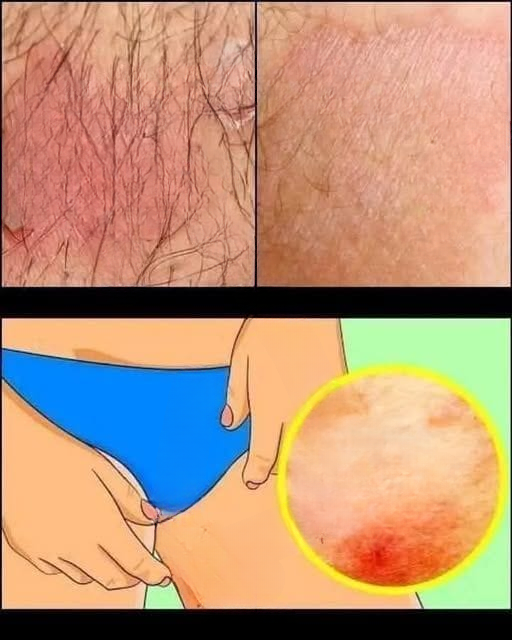When it comes to relationships, trust is everything. But sometimes, your gut tells you that something feels off. If you’ve noticed changes in his behavior, tone, or attitude, it might be time to look closer. Certain red flags could indicate that he’s not being completely honest with you. While emotional cues and communication gaps can signal dishonesty, there’s another silent threat you need to keep an eye on—one that affects not just relationships, but your overall health and well-being: oral cancer.
While they may seem unrelated, both require a sharp awareness of warning signs that aren’t always obvious. In the same way dishonesty can creep into a relationship unnoticed, oral cancer can develop silently and progress dangerously if left undetected. That’s why understanding both emotional red flags and medical ones is crucial for living a healthier, more informed life.
Understanding Oral Cancer: What You Need to Know About This Silent Disease
Oral cancer is a serious and often overlooked condition that can affect multiple areas inside the mouth, including the lips, tongue, gums, cheeks, the roof of the mouth (palate), and the lower jaw. Despite significant advancements in dental and medical care, oral cancer remains difficult to catch in its early stages due to its tendency to develop without immediate or noticeable symptoms.
This delayed detection is precisely what makes regular dental checkups so vital. Dental professionals recommend visiting your dentist at least twice a year for thorough examinations. These visits are more than just cleanings—they are your first line of defense against silent threats like oral cancer.
Why Regular Dental Checkups Could Save Your Life
Most early-stage oral cancers are painless. That means they can quietly grow without you realizing anything is wrong. During routine dental checkups, dentists are trained to spot even the slightest irregularities—such as sores, discolorations, or changes in tissue—that could be early signs of cancer or pre-cancerous growths.
The earlier oral cancer is diagnosed, the more treatable and survivable it becomes. Catching it before it spreads can dramatically improve outcomes, making prevention and early detection essential steps in safeguarding your health.
Top Risk Factors That Increase Oral Cancer Risk
While anyone can develop oral cancer, certain lifestyle choices and environmental factors increase your risk significantly. The most common risk factors include:
-
Tobacco use in all forms: cigarettes, cigars, pipes, and smokeless tobacco
-
Excessive alcohol consumption, especially when combined with tobacco
-
HPV infection, particularly HPV-16, which is linked to throat and tongue cancers
-
Prolonged sun exposure (especially for lip cancer)
-
Poor oral hygiene and diet low in fruits and vegetables
People who smoke or consume alcohol regularly should be especially cautious. For these individuals, consistent dental visits, awareness of early symptoms, and making healthier lifestyle changes are even more critical.
Common Symptoms of Oral Cancer You Should Never Ignore
Being aware of what to look for can help you recognize early warning signs before it’s too late. If you experience any of the following symptoms for more than two weeks, consult your dentist or healthcare provider immediately:
-
Persistent mouth sores or ulcers that do not heal
-
Red or white patches on the inside of the mouth, tongue, or gums
-
Swelling, lumps, or thickened areas in the cheek, neck, or jaw
-
Difficulty with chewing, swallowing, or speaking
-
Numbness or pain in the mouth, throat, or jaw
-
A sore throat that doesn’t go away or voice changes
Even if these signs seem minor or painless, they could signal something more serious underneath the surface.
Simple Ways to Reduce Your Risk of Oral Cancer
The good news is that there are actionable steps you can take to lower your chances of developing oral cancer. Here are a few expert-recommended tips:
-
Quit smoking and avoid all tobacco products
-
Reduce alcohol consumption or eliminate it entirely
-
Practice safe oral hygiene, including brushing and flossing daily
-
Protect against HPV by using protection during oral sex and considering vaccination
-
Eat a balanced diet rich in antioxidants from fruits and vegetables
-
Visit your dentist regularly for checkups and oral cancer screenings
Prevention is far easier than treatment. Taking these steps not only supports oral health but also contributes to your overall well-being.
In Conclusion: Your Health Is in Your Hands
Oral cancer is often called a “silent killer” because of how quietly it can develop—and how devastating its consequences can be when left untreated. But with regular dental visits, increased awareness, and lifestyle changes, you can take proactive steps to protect yourself.
Don’t ignore the small signs. Just as a shift in someone’s behavior might indicate dishonesty, a tiny sore or persistent patch in your mouth might be your body’s way of signaling danger. The key is to stay informed and take action early.
Book your next dental checkup today. It might just save your life.
